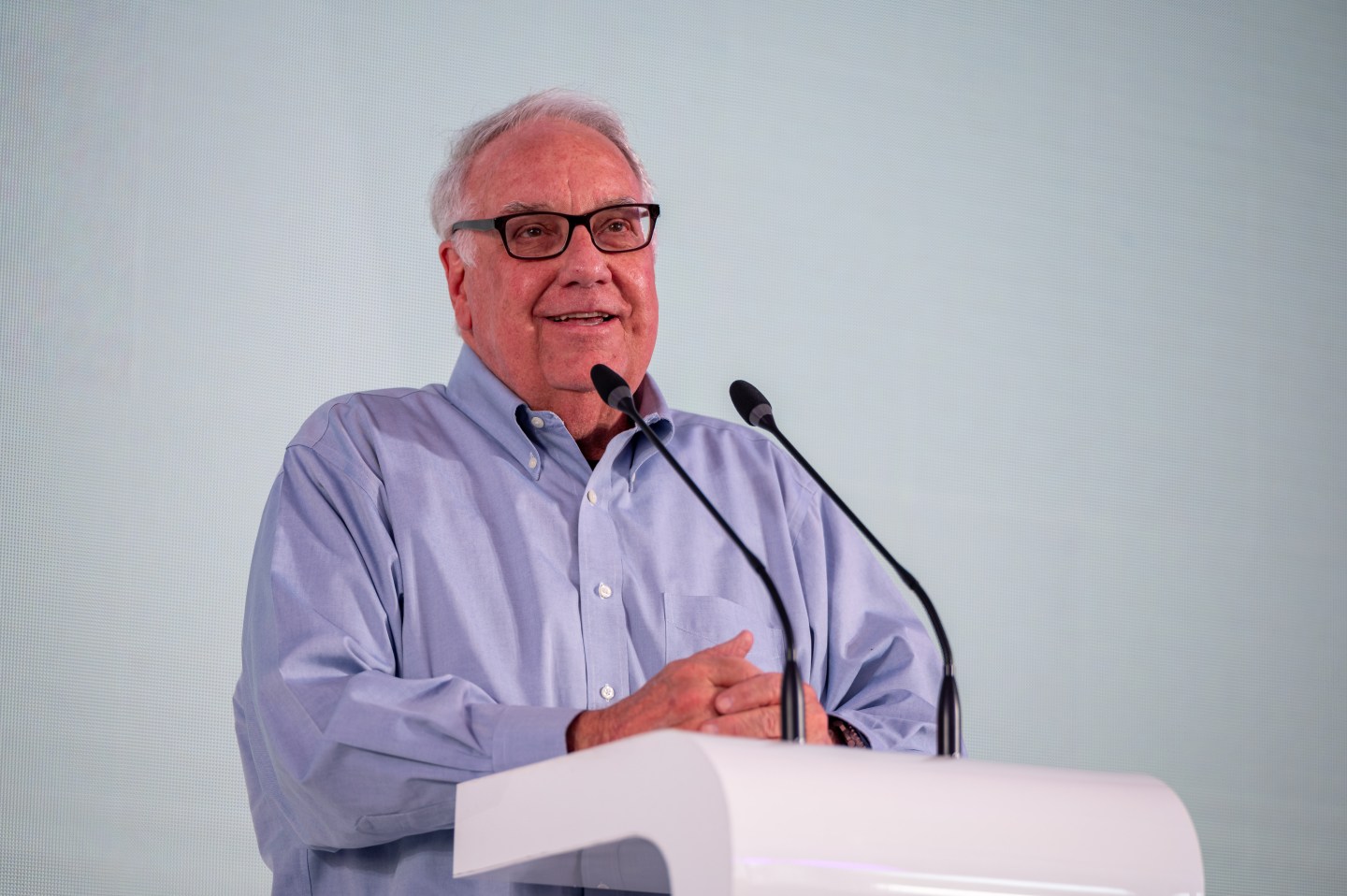Among the many people who mistakenly dismissed the idea of AT&T (T) buying out T-Mobile as a never-gonna-happen, count T-Mobile’s very own top executives. How else to explain their snarky ad campaign that razzed AT&T for running an old, slow and unreliable network?
How so many well-informed people got blindsided might best be summarized in a single name: MetroPCS (PCS). The upstart cellular company, which is now poised to take over T-Mobile’s spot as America’s fourth largest carrier, has fundamentally changed the antitrust dynamic in the wireless industry.
MetroPCS founder and CEO Roger Linquist has long pursued a strategy of targeting markets with dense populations that are cheap to serve—namely big cities. MetroPCS will make a roaming agreement to use a competitor’s networks in a mid-tier city, but it doesn’t open stores to offer local residents service, nor does it build its own towers there. That lets MetroPCS keep the large majority of its traffic on its own dirt-cheap urban network while Linquist lets others serve expensive suburban and rural communities.
Net result: MetroPCS has rock-bottom costs and impressive profit margins. Last year it cost the company just $18.49 a month to provide wireless service to an average customer. (AT&T, Verizon (VZ) and Sprint don’t release comparable figures, perhaps because they would be much higher.) MetroPCS’s low costs lets the company have healthy margins even as it underprices the rest of the market for service. MetroPCS’s basic package of unlimited talk, text and Web runs $40 per month, and that’s including taxes.
AT&T cites MetroPCS and its smaller peer, Leap Wireless (LEAP) as key examples of robust competition. “In 18 of the top 20 U.S. Local markets, there are five or more providers,” AT&T pointed out in its announcement of the deal.
Knowing the MetroPCS “big city” business model, that isn’t as compelling a statistic as it first appears. The rest of non-urban America is much more expensive to serve, and thus much less competitive.
Many commentators have argued that if the deal goes through, the U.S. Will drop from four nationwide carriers to three. AT&T argues that conclusion ignores the growth of newcomer cell carriers, led by MetroPCS. The company served 8.1 million subscribers as of the beginning of the year, up 35% in two years. (T-Mobile actually lost customers over the same period.) MetroPCS now boasts a network that covers 90% of the U.S. Population.
Actually, make that “sort of covers.” While a MetroPCS phone can get a signal in roughly 90% of American homes, it’s only connecting to MetroPCS’s own network in roughly half those spots, according to the company’s regulatory filings. The rest of the time, the call is on that leased capacity, from big carriers like Sprint (S), that MetroPCS is so good at buying.
There’s a major difference between competition between separately-owned networks (known in the trade as “facilities-based competition”) and competition between companies who must all lease access from a smaller number of networks. The former tends to work much better than the latter.
In its most recent annual filing with the SEC MetroPCS acknowledges the danger that the networks it now leases could decide to jack up prices. “In some instances, large national wireless broadband mobile services carriers have been reluctant to enter into roaming agreements at attractive rates with smaller and mid-tier national carriers like us, which limits our ability to serve certain market segments, and recent FCC actions to promote automatic roaming do not resolve these difficulties,” the company noted.
Such concerns aside, if T-Mobile, along with some of its budget-priced plans, disappears into AT&T, many of its customers are likely to end up at MetroPCS. No wonder AT&T’s shareholders bid up Ma Bell’s stock a mere 1% on the merger news, while MetroPCS shares jumped nearly 5%.
More from Coins2Day:












